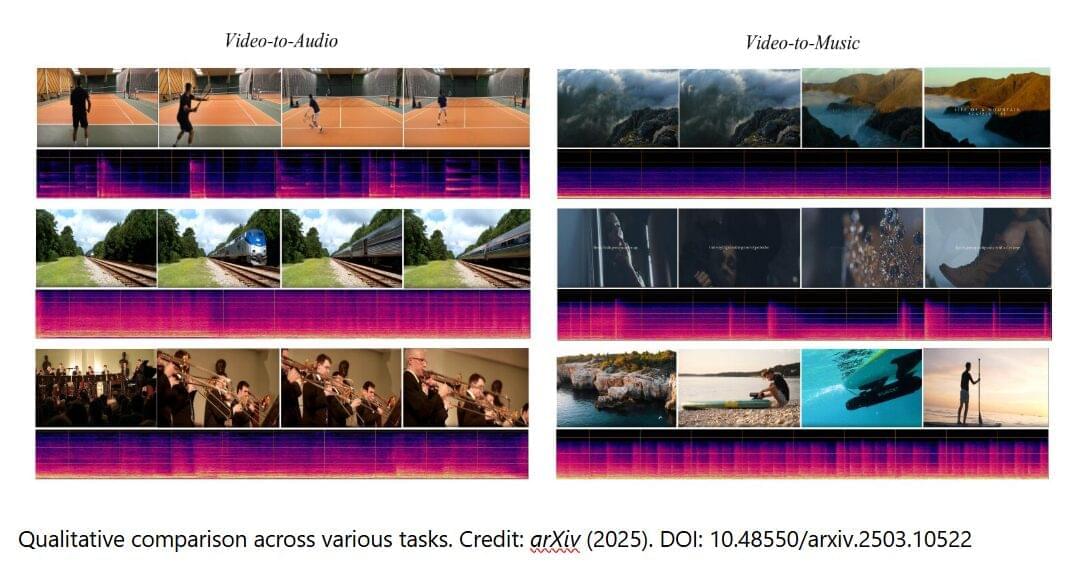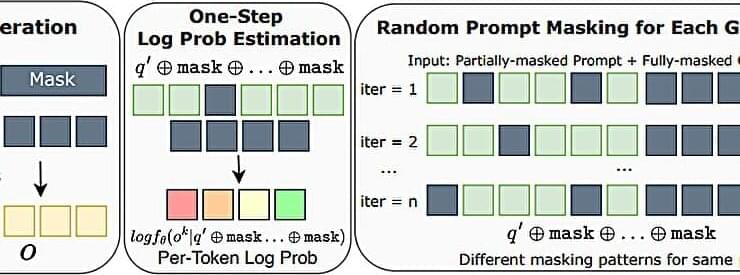Long before human minds contemplated their own existence, information was already flowing. Not as bits in silicon, but as a fundamental flux of differentials in the fabric of reality itself. The universe, at its most elemental level, may be understood not merely as matter and energy, but as a vast information-processing system — a perspective that opens new avenues for understanding the enigma of consciousness. The question that has bedeviled philosophers and scientists alike is not simply what consciousness is, but how it emerges, and whether it represents something unique in the cosmic landscape or is merely a sophisticated expression of processes inherent to reality itself.
Panpsychism — the view that consciousness is fundamental and ubiquitous throughout the universe — has experienced a renaissance in recent philosophical discourse. Yet despite its elegant simplicity, it leaves crucial questions unanswered, particularly regarding the mechanism by which consciousness manifests in systems of varying complexity. This essay proposes that consciousness can be more productively understood as an autonomous region of information processing within a general field of information, a perspective that synthesizes insights from systems theory, information dynamics, the science of living systems, and recent research on microtubular functions to transcend traditional panpsychist frameworks.
To appreciate consciousness as an emergent property of information processing, we must first recognize information’s fundamental role in the universe. Wheeler’s famous dictum “it from bit” suggests that physical reality emerges from information (Wheeler, 1990). This perspective has been substantiated by advances in quantum information theory, which demonstrates that information is not merely about reality but constitutive of it. As Vedral (2010, p. 3) argues, “Quantum physics requires us to abandon the distinction between information and reality.” The quantum world reveals itself not as a collection of things but as potentialities and relationships — informational patterns that coalesce into what we perceive as physical reality.






